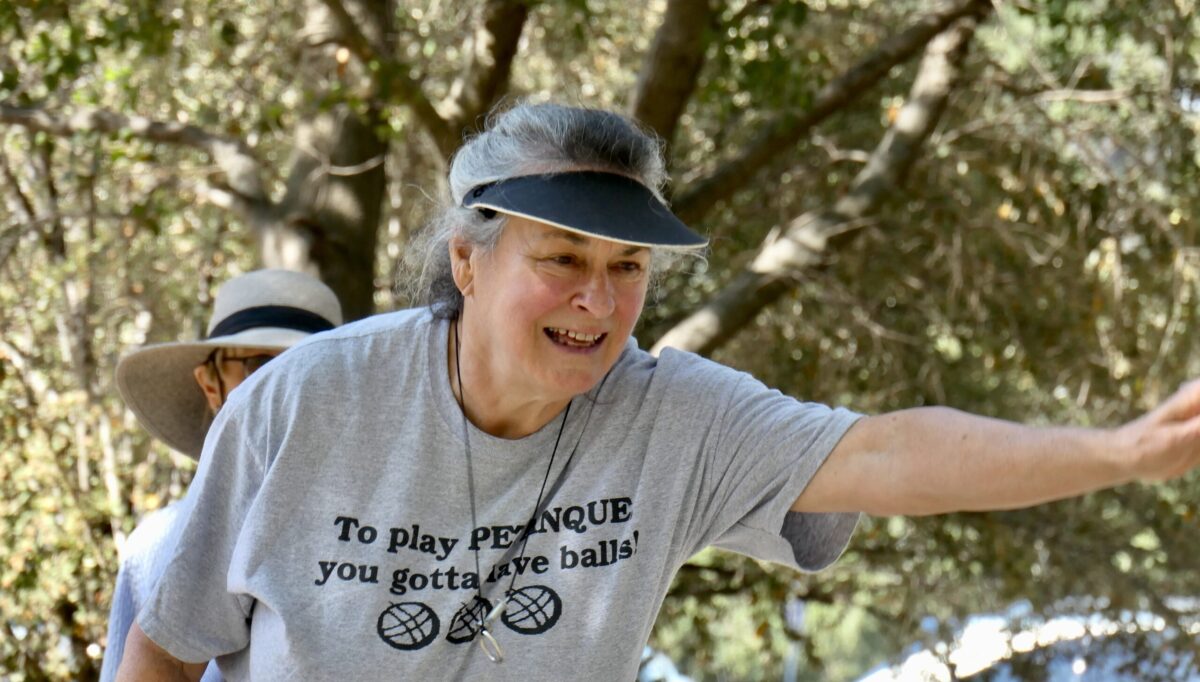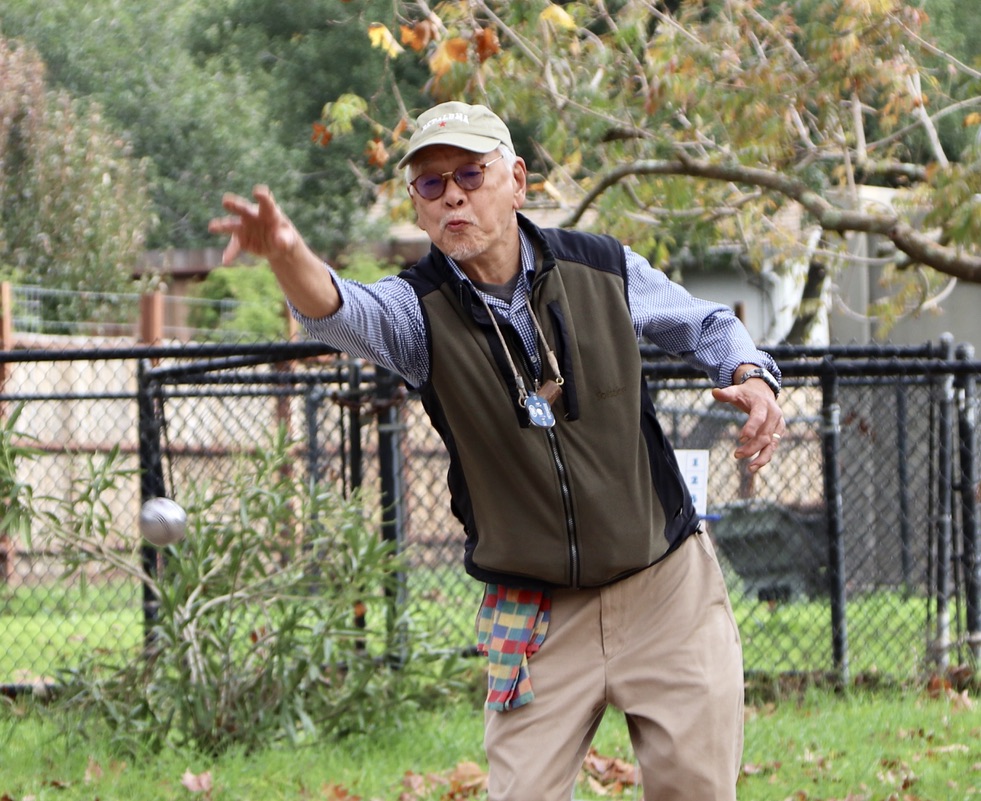 The longer you work on a project, the more precious it becomes—and the harder it is to let go.
The longer you work on a project, the more precious it becomes—and the harder it is to let go.
I launched my blog, Cochonnetmarin.com, over ten years ago and though maintaining it was both challenging and fairly costly, it remained one my favorite project.
Blogging is therapeutic medicine. When something upsets you, instead of venting to your wife or a handful of friends, you can share your thoughts with a broader audience… On a blog. You jump on your computer and let your emotions flow.
But as I grow older (and wearier), I’ve often asked myself whether it was time to hang up my hat and walk away with my millions. After much reflection, I’ve decided to stop publishing my blog and allow myself some well-earned rest.
Like tending a bonsai tree, each post, comment, and update shaped the blog into something living—at times unruly, at others soft, but always compassionate. Over the years, I watched it grow alongside me, reflecting shifting interests, moods, and life’s changing rhythms.
Humans (and animals, too) need regular mental stimulation and physical activity to thrive. You have to keep challenging your mind—and your body—if you hope to remain in good working condition for a decent time.
And honestly, the expenses for keeping this blog afloat for over ten years have reached the point where I could probably own a small herd of alpacas by now.
Since no one ever offered me a luxury jet—or anything remotely close —as a token of friendship, it’s nearly time for me to hang up my blogging boots and drift off for a much-deserved nap. Preferably somewhere warm, with a fruity drink in one hand and my trusty phone in the other—just in case inspiration strikes (or there’s an urgent sale on alpaca socks).
Non, je ne regrette rien! I don’t regret anything… it was a nice ride.
Alain
PS: You will probably be able to read a few more stories in my blog before the end of year.


 Speaking a foreign language has always been a valuable asset. It expands your worldview—and occasionally lets you pick up things you weren’t exactly meant to understand… like hot stock tips muttered at a bar or whispered military secrets over a crackling walkie-talkie.
Speaking a foreign language has always been a valuable asset. It expands your worldview—and occasionally lets you pick up things you weren’t exactly meant to understand… like hot stock tips muttered at a bar or whispered military secrets over a crackling walkie-talkie.